
of minutes or the brewing of tea) but now it seemed to them that they were paying a high price for their generous
liberality. Ms Naylor was proving herself to be a force none of them had reckoned with. Loath as they were to
admit that she had gained her positions through intellectual prowess and sheer strength of personality, noses were
tapped, knowing nods exchanged and phallacious conclusions drawn. The talk was that she had 'done a turn' upon
some mythical council casting couch.
Acutely alert to the distinctive rattle of tiny minds, Ms Naylor remained unperturbed. Her sights were set
upon far higher things, which included Parliament and an eventual shot at the premiership amongst them. Con-
founding her opposition here in Brentford was, she considered, good practice for what lay ahead.
As she showered upon this particular morning, Jennifer's thoughts were upon the coming day. She had been
up since dawn making a number of very important phone calls. If the Fates were with her today she would
shortly be issuing the borough a kick up the trouser-seat such as it had never known before, and carving for
herself a place in history, to boot. And then? One small step at a time.
The needles of water became gentle cascades as they
17
struck the contours of a body honed to aerobic perfection. Her shower concluded, she patted herself dry with a
peach-coloured bath towel, sprayed deodorant to the appropriate quarters, attended to the minutiae of feminine
toilette and finally dressed herself in a confection combining sophistication and understated elegance with
provocativeness and heaving sexuality. Just so.
Having examined her image in the cheval glass and found it satisfactory, she strode purposefully back to the
bedroom, delved amidst the pale satin sheets and withdrew by the ear a certain bit of rough, by name John
Omally.
Thank you, John, and time for the off,' she said, smiling sweetly. Omally, who knew upon which side his particular
piece of bread was buttered, dressed hurriedly and without complaint, and made off sans coffee and croissants.
He left as he had entered, with discretion, by the back door, withdrew his bicycle Marchant from Jennifer's
garage, mounted up and pedalled away.
She tossed the bed linen into the laundry basket, set the answerphone, swept up Filofax, executive briefcase and
Porsche keys and made her departure from the front of the house.
Omally free-wheeled down Moby Dick Terrace towards the Half Acre, his old sit-up-and-beg whirring away
beneath him like a good'n. The oil-bathed ball-races of the new Sturmey Archer purred contentedly and the similarly
well-oiled saddle springs afforded John's bum the contentment of all but concussion-free cycling. Bike and rider
moved in harmonious accord and many was the Buddhist monk, who, recognizing this exhibition of dharma, tipped
his head towards this perfect union of man and machine. It was a joy to behold. But it had not always been so.
The bike had been with Omally a good many years and for a good many of those years their relationship had been
strained and at times positively painful to the both of them. And so it would no doubt have remained had not
18
Chance, if such it was, chosen to intervene. Chance in the person of Professor Slocombe, Brentford's patriarch and
resident man of mystery.
Omally had been pedalling with difficulty across the Butts Estate, an elegant Georgian quarter of the borough,
when he had found himself discharged from Marchant's saddle to land in an untidy heap before the elder, who was
standing at his garden door.
Professor Slocombe observed the 'accident' and the subsequent violent attack Omally visited upon the prone
bicycle and chose to intervene. Having calmed the truculent Irishman, he listened with interest to his tale of woe
and requested that the bike be left in his care for twenty-four hours. In order to see 'what might be done'. John,
whose immediate thought was that the ancient was adding the science of bicycle maintenance to his seemingly
endless list of accomplishments, gratefully acceded to his request.
It was therefore much to his surprise when arriving on the morrow he received for his troubles a large piece of
parchment upon which was penned thirteen stanzas of archaic English. These read like the prophecies of
Nostradamus and to John made precisely the same amount of sense. The Professor told him that, should he
follow these requirements to the letter, he would find things very much to his advantage. Omally perused the
parchment, his forehead furrowed with doubt. Whilst he was so doing, the Professor added that regular oiling was
a necessity as was a change of brake blocks, a realignment of the dynamo and a set of new mudguards.
Whenever possible the bicycle was to be left facing west when parked, sunshine being preferable to shade, that
it was never to be left alone at night, but always in the company of another wheeled conveyance (or at the very least
a lawn mower), that it was to be repainted vermilion and referred to at all future times by the name 'Marchant'.
Omally peered furtively at the old man. This was a wind-up surely, in fact the wind-up to end all wind-ups.
19

 2024-11-29 7
2024-11-29 7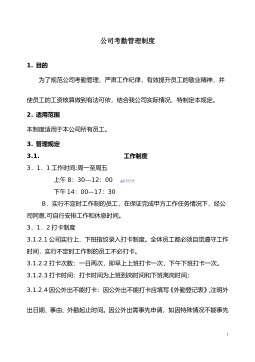
 2024-11-29 9
2024-11-29 9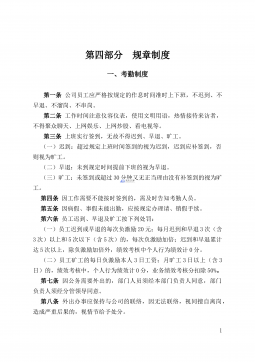
 2024-11-29 10
2024-11-29 10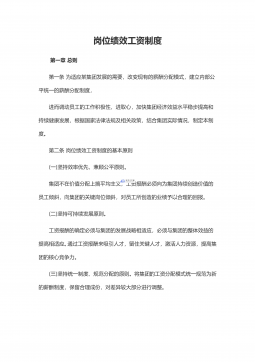
 2024-11-29 10
2024-11-29 10
 2024-11-29 11
2024-11-29 11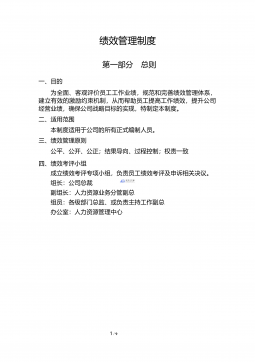
 2024-11-29 12
2024-11-29 12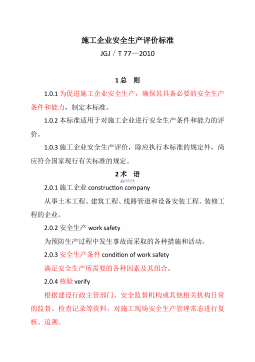
 2024-12-14 191
2024-12-14 191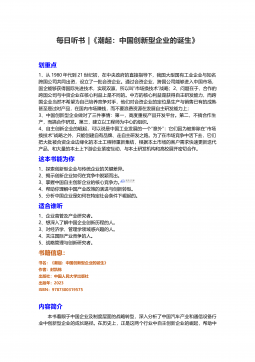
 2024-12-14 59
2024-12-14 59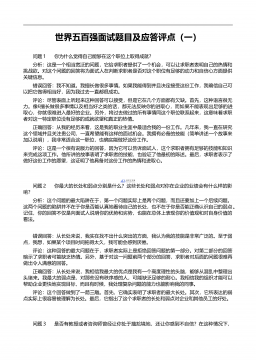
 2024-12-15 67
2024-12-15 67
 2025-01-13 134
2025-01-13 134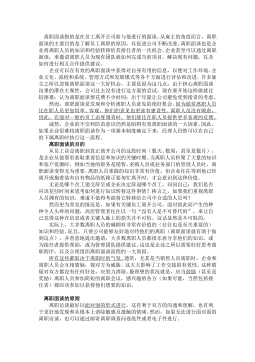



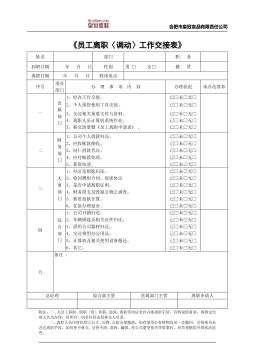



 渝公网安备50010702506394
渝公网安备50010702506394
